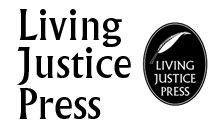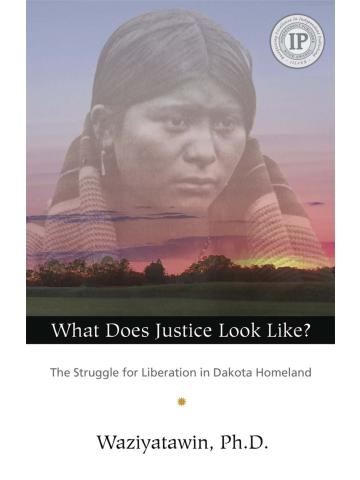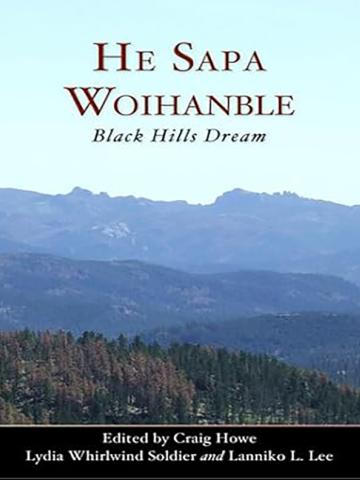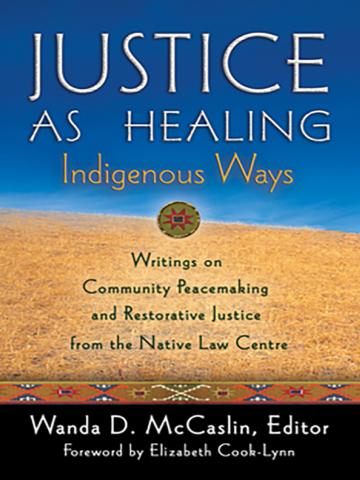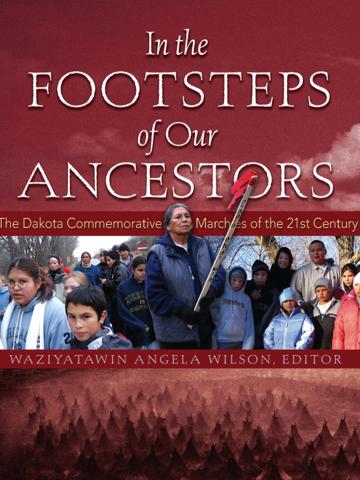
*****IF YOU WISH TO ORDER HARD COPIES OF OUR BOOKS, PLEASE VISIT https://livingjusticepress.org*****
This book includes powerful essays by participants in the 2002 and 2004 Dakota Commemorative Marches about the genocide of the Dakota people in Minnesota. Engaging and moving, In the Footsteps of Our Ancestors has brought home to thousands of readers the effects of genocide across generations.
In the Footsteps of Our Ancestors is a collection of essays and photos that tell the story of the Dakota Death March of November 1862. In the aftermath of the U.S.-Dakota War of 1862, roughly 1,700 Dakota women, children, and elders were forcibly marched from the Lower Sioux Agency in southern Minnesota to a concentration camp at Fort Snelling. Those who survived this march and the subsequent hard winter were eventually removed from their homeland. In 2002 and 2004, descendants of the original marchers, their relatives, and allies walked the route of the this death march to remember and honor their ancestors and the sacrifices they made. They will continue to walk every two years until 2012. Their stories of the original march, along with their experiences on the marches of this century, convey the deep pain and trauma of historical harms. They also point to the healing of these harms and the revitalization of the Dakota people. In the words of Dr. Waziyatawin Angela Wilson, "This work...stands as a narrative that reclaims our right to tell our stories in our own ways and for our own purposes....It is designed with Dakota empowerment in mind, as a valuation of Dakota voices, perspectives, worldview, and historical and contemporary experiences....The imagery, perspectives, and stories of the past impact the present in profound ways, and this message is conveyed in every contribution to this volume."
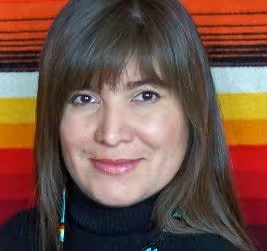
Praise for In the Footsteps of Our Ancestors
CHOICE: Current Reviews for Academic Libraries
M.J. Schneider, emerita, University of North Dakota
Wilson and more than a dozen other contributors have created a multifaceted book aimed at presenting the Dakota side of the events of 1862, which included mass hangings, death marches, concentration camps, and removal from Minnesota. The book is organized around marches held in 2002 an d2004 that replicated the death marches to commemorate the atrocities and begin healing. Different chapters discuss the first death marches, historical trauma, and the contemporary situation, while essays, poems, and photographs of the recent marches bring the issues into modern times. Oral histories amend, supplement, or replace the standardized non-Indian accounts and provide a more Dakota-centric perspective.
The dominant integrating theme is getting modern Minnesotans to accept responsibility for the crimes of the past in order to alleviate problems resulting from those crimes. Some authors raise questions that could be a starting point for discussions concerning treatment of Native Americans, the writing of Native American histories, colonization as an ongoing process, restorative justice, and contemporary problems, but the anger and general condemnation expressed by Wilson and some others will make many readers reject the book without thinking about the issues.
Summing up: Recommended. Most levels/libraries.
Harley Eagle, Dakota
Co-director of anti-racism programs for the Mennonite Central Committee, Canada
May this book stand as a testament to the atrocities visited on the Dakota of Minnesota, not for posterity, but as an opportunity for us to finally tell our story. May this book be recognized as a part of the healing process that restorative justice champions and as bringing some understanding to the atrocities still inflicted on Dakota people, for only with understanding can healing come.
Andrea Smith
University of Michigan, Co-founder, Boarding School Healing Project
Waziyatawin Angela Wilson, one of the foremost scholars in Native American history, has made yet another invaluable contribution to the field of Native studies. This work challenges the boundaries of scholarship and community accountability by situating Native history as a site for decolonization and coalition politics. In the Footsteps of Our Ancestors demonstrates that it is possible to engage Native communities and allies in the process of historical remembering that challenges U.S. colonial frameworks and promotes healing and justice for Native nations.
Tribal College Journal, Spring 2008
Reviewed byAntonette McDonald, Spirit Lake Dakota and Sahnish, is vice president of Institutional Planning and Library Services at Cankdeska Cikana Community College (CCCC) in Fort Totten, ND.
In the Footsteps of Our Ancestors serves as a reference for historical information on the U.S.-Dakota War of 1862, including the hangings of 38 Dakota warriors and forcible removal of 2,100 men, women, and children to concentration camps. Our Dakota ancestors are not forgotten: Dakota commemorative marches have taken place in the 21st century, and personal essays reveal how participants reached the decision to be a part of the memorial walks and how participating affected their lives. The essays are very personal, self-revealing, thought-provoking, and often painful to read. Each individual expresses different reasons for wanting to be a part of the commemorative marches, including honoring Indigenous women, confronting the consequences of colonization, reunification with relatives and the Oceti Sakowin Oyate, accountability for genocide, and healing as a people.
In the Footsteps of Our Ancestors is desirable for all tribal colleges because it has been compiled to educate, promote truth in historical teachings, and encourage healing for all Native nations.
